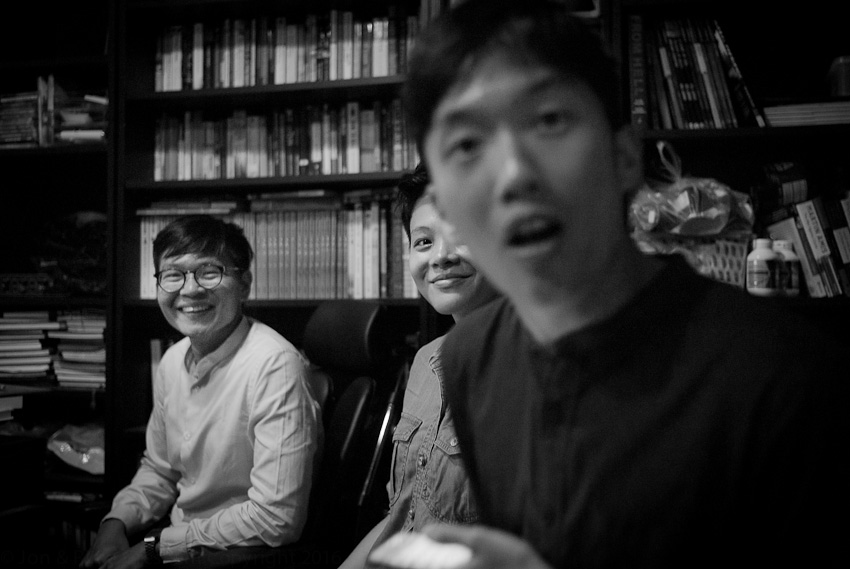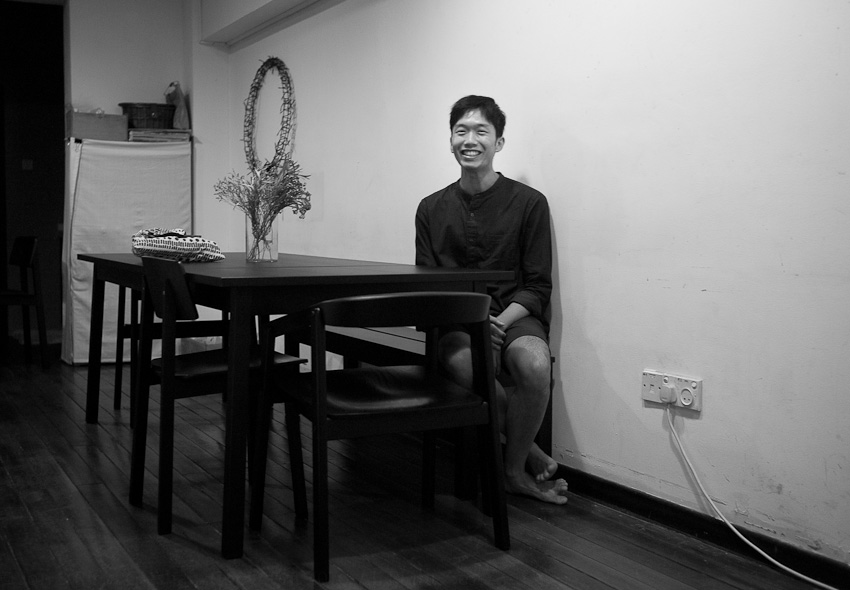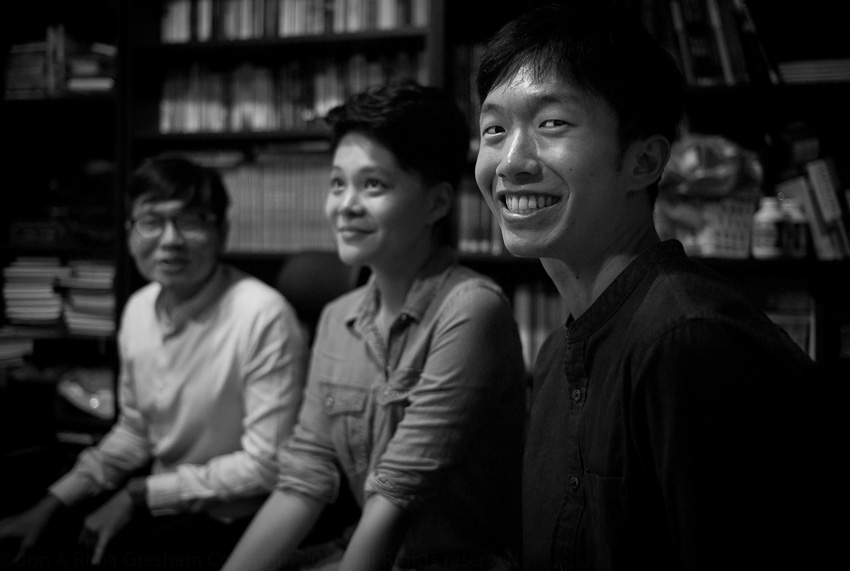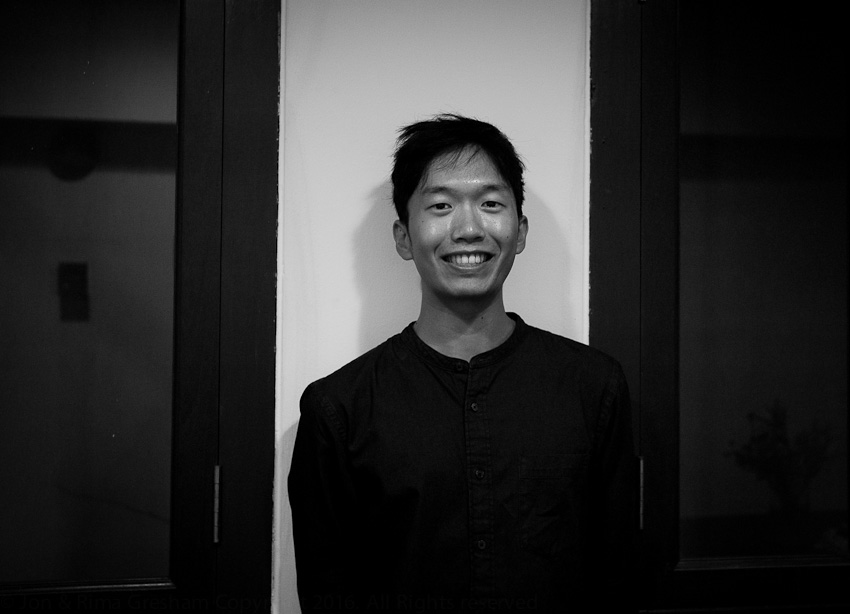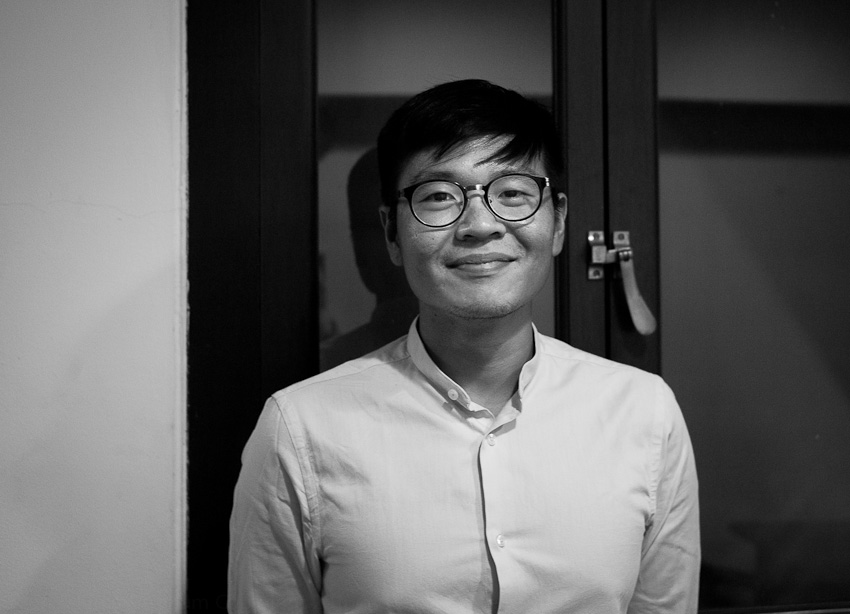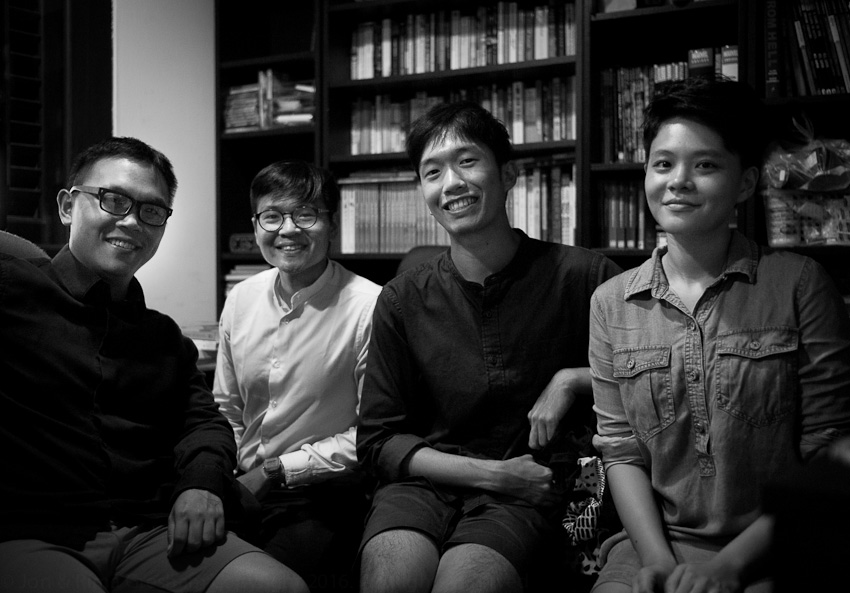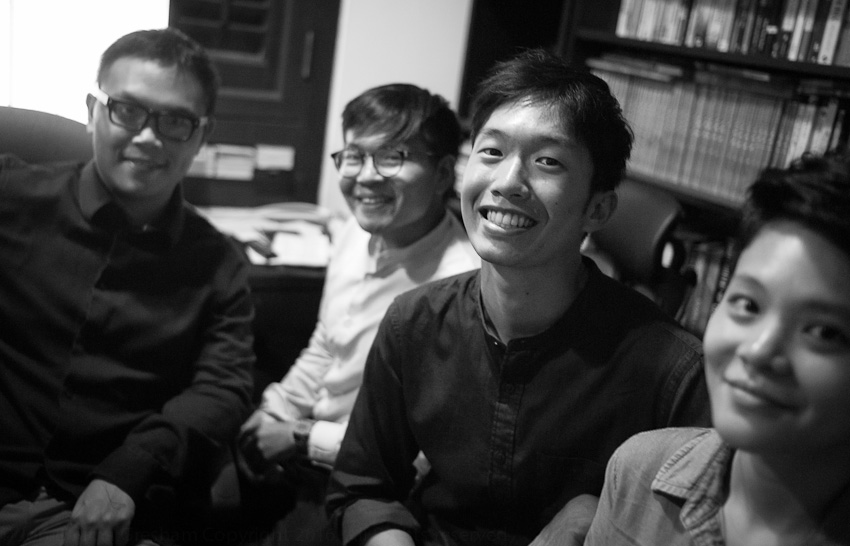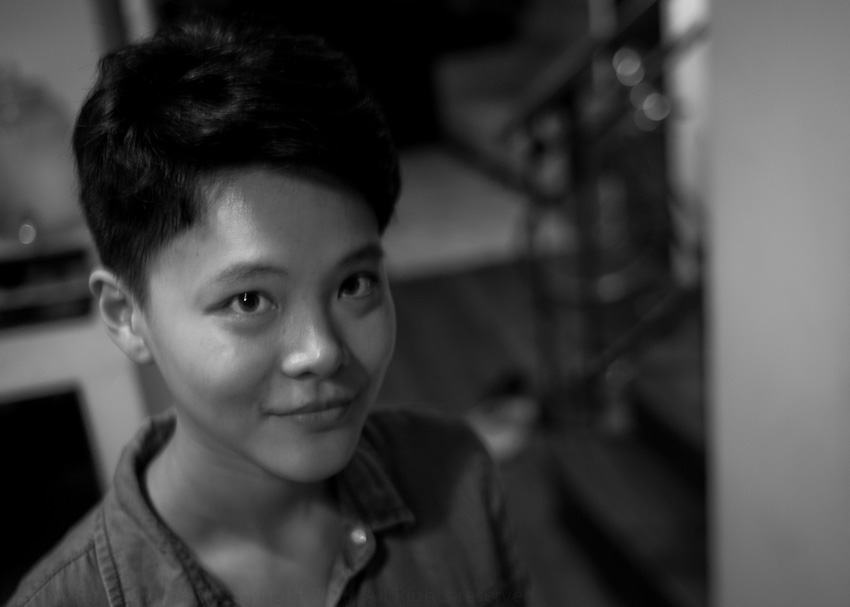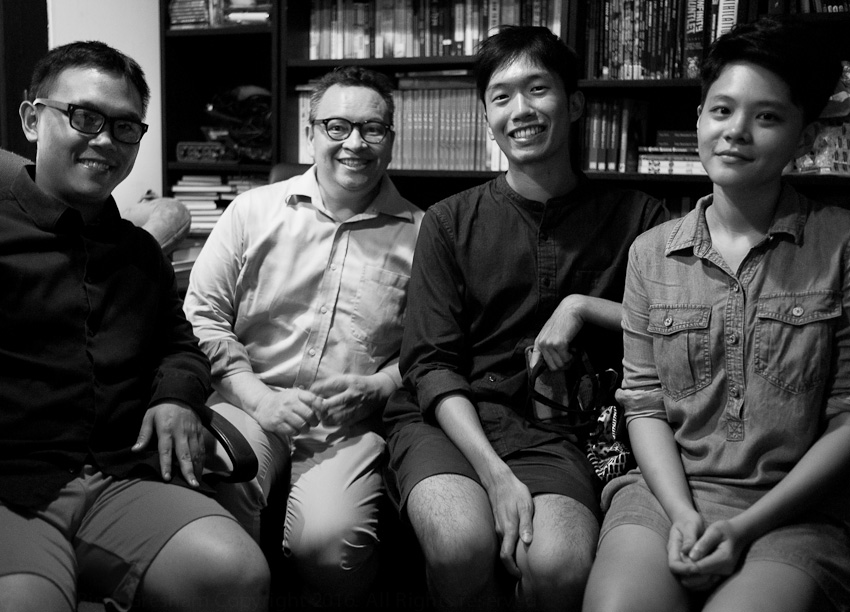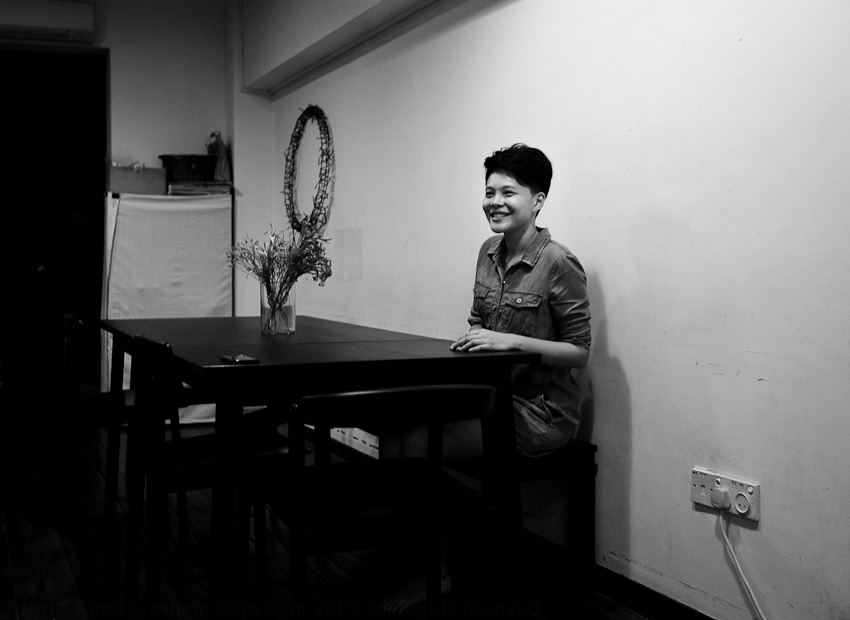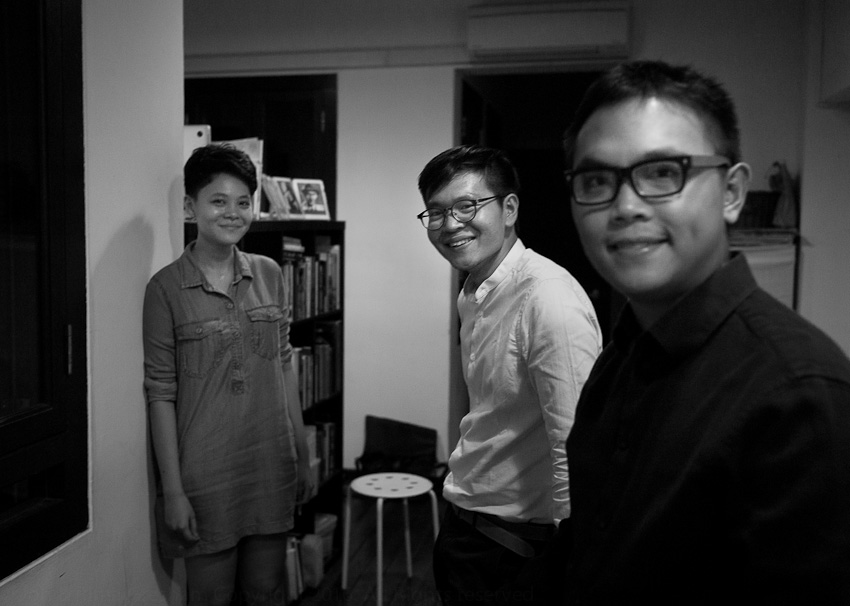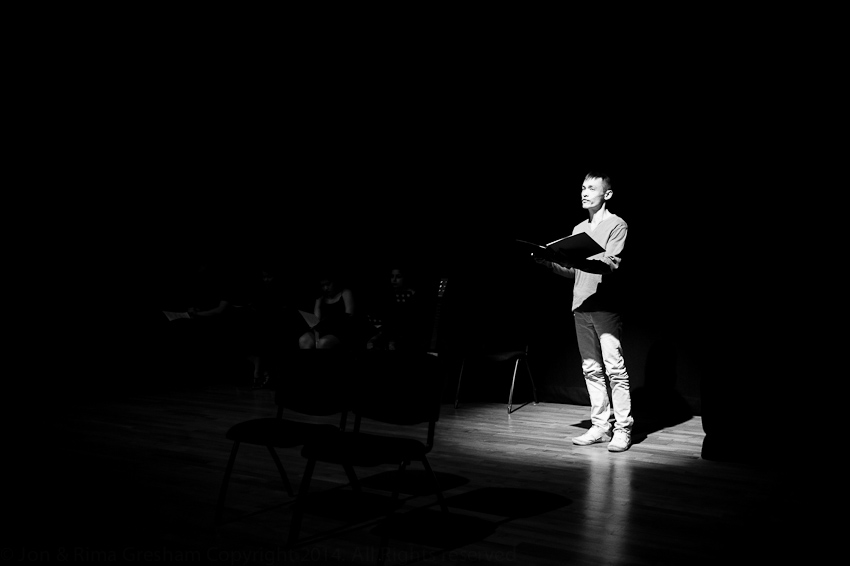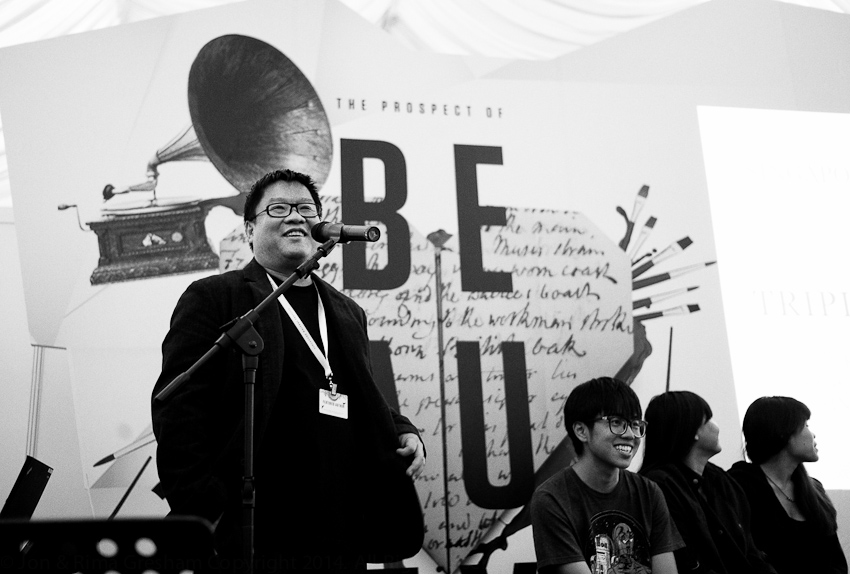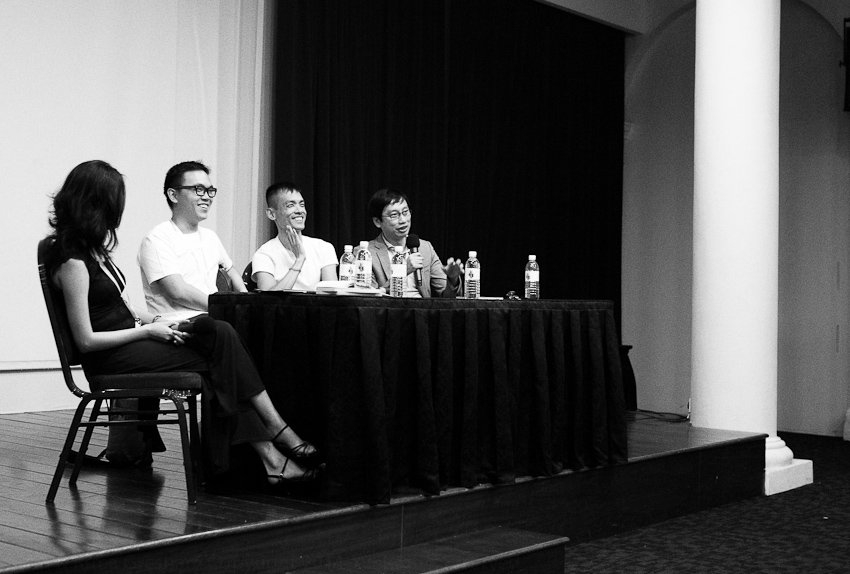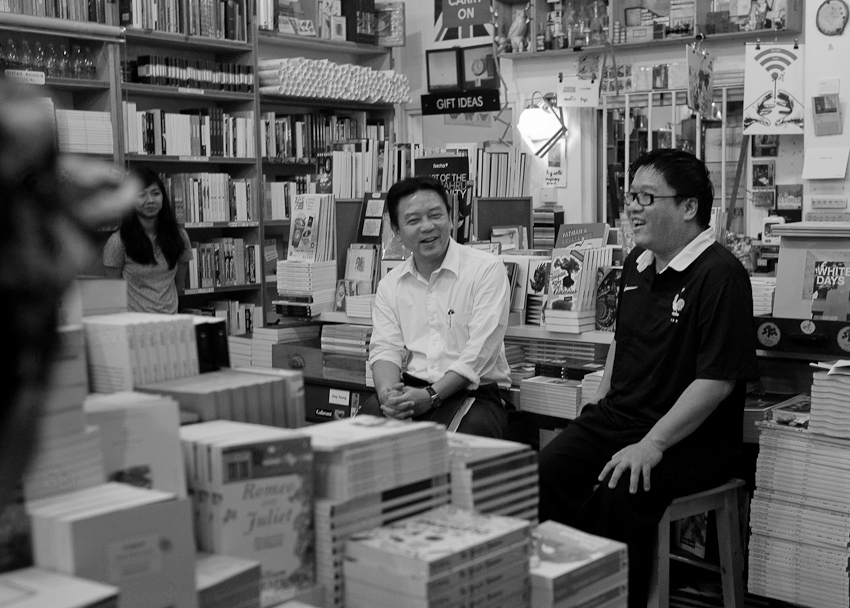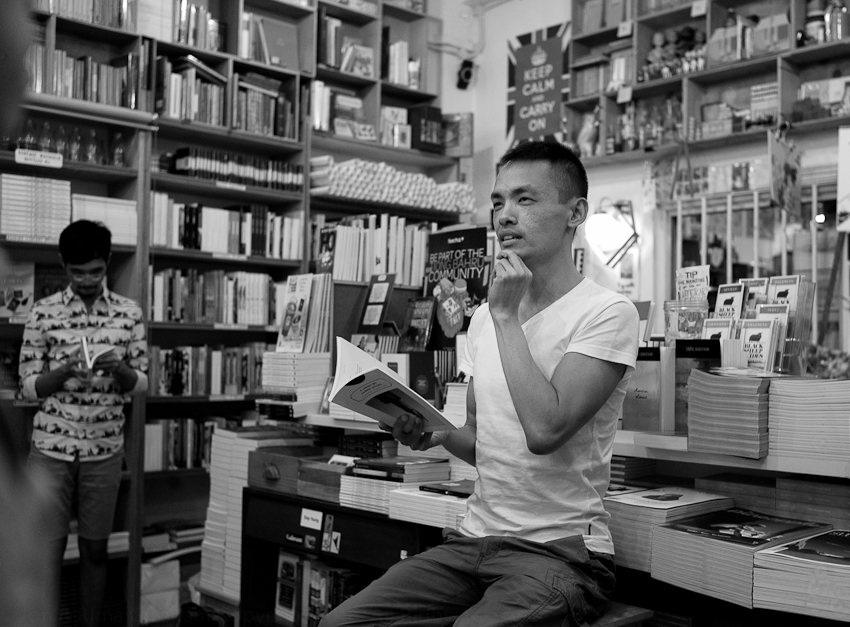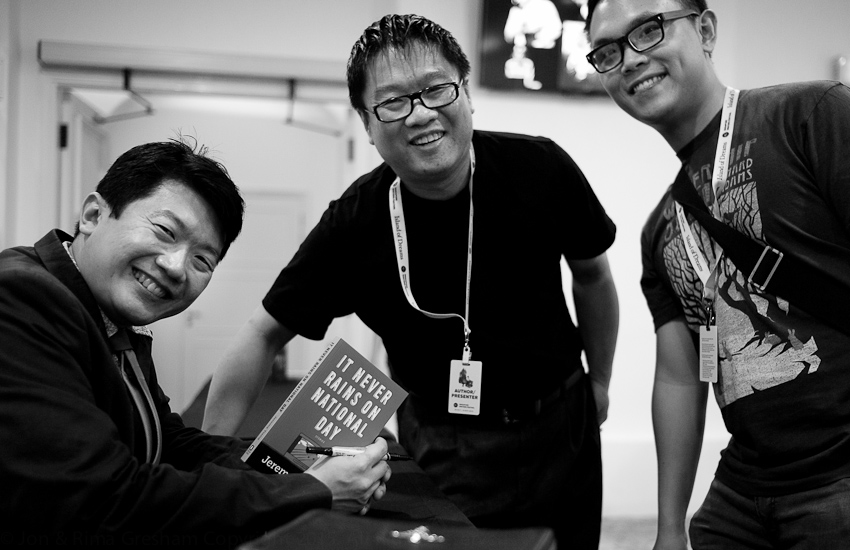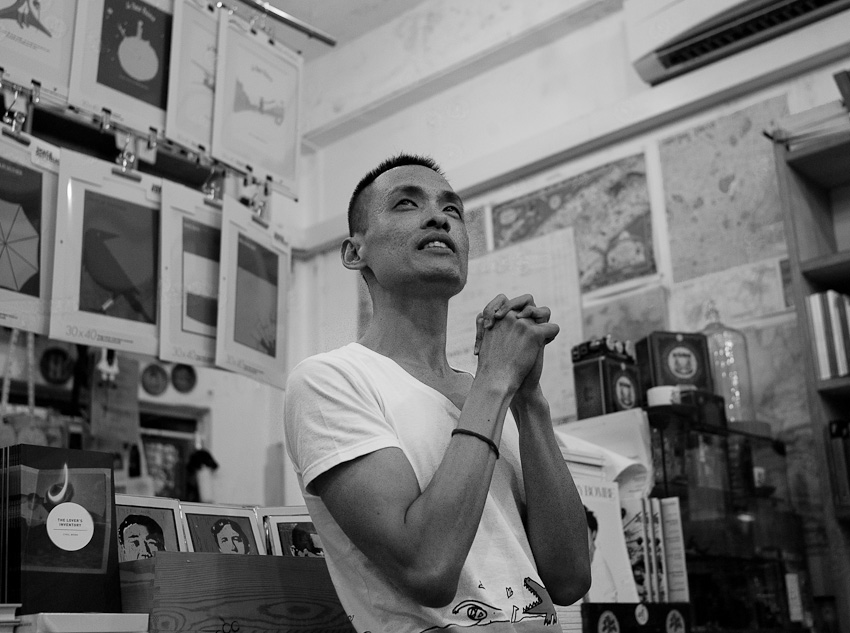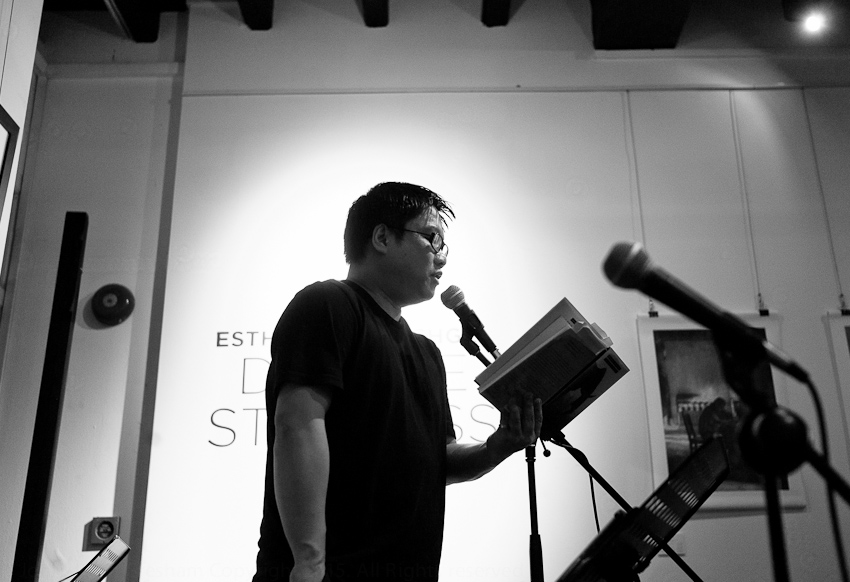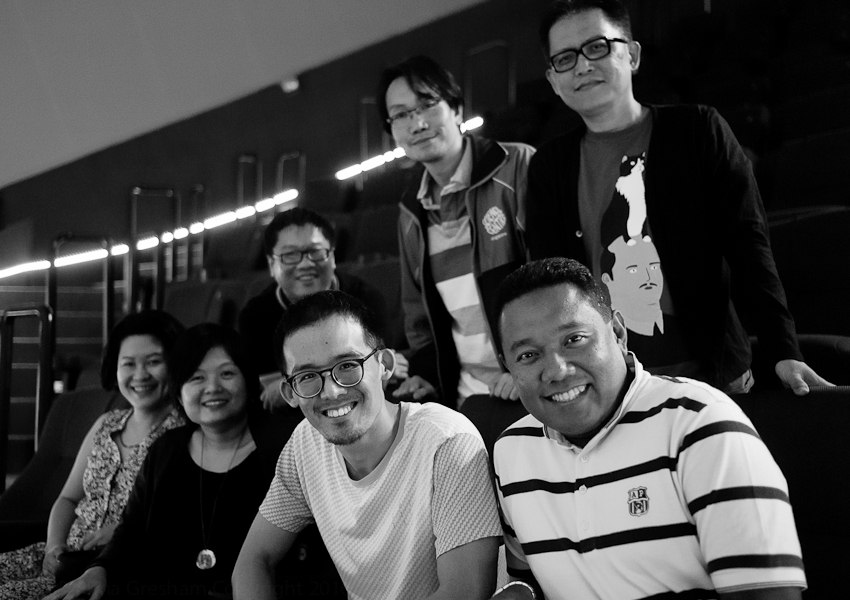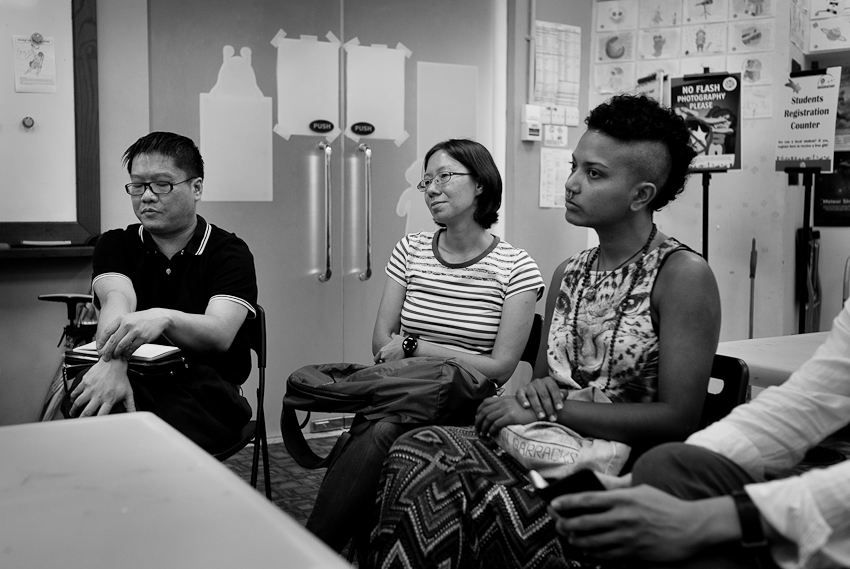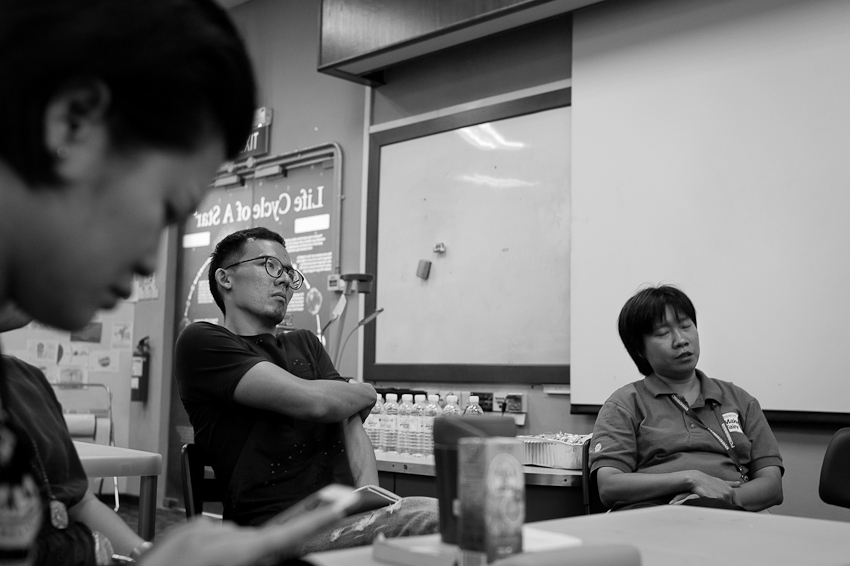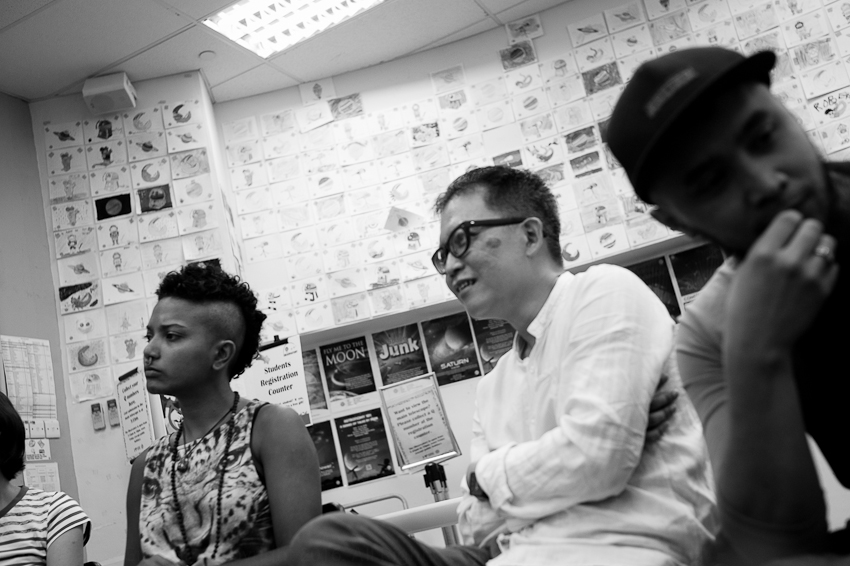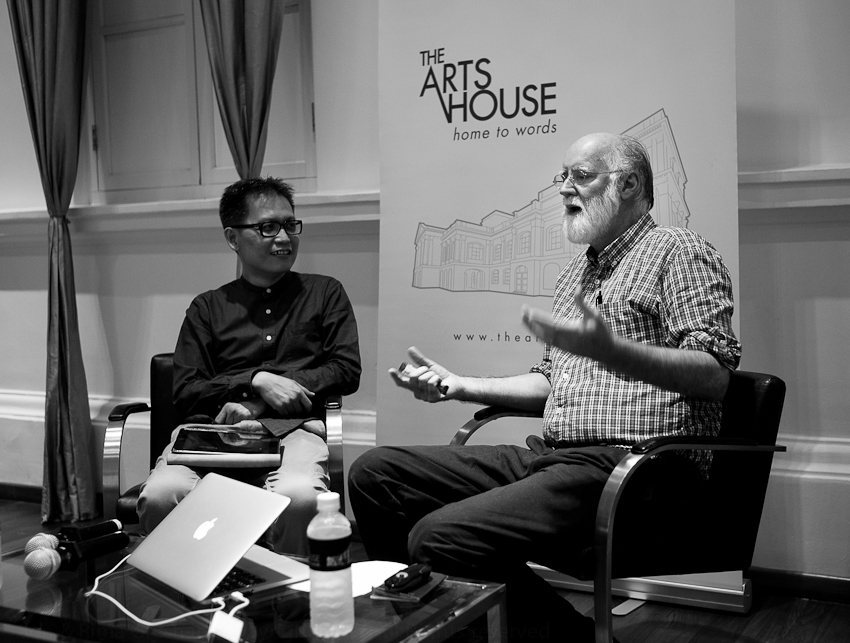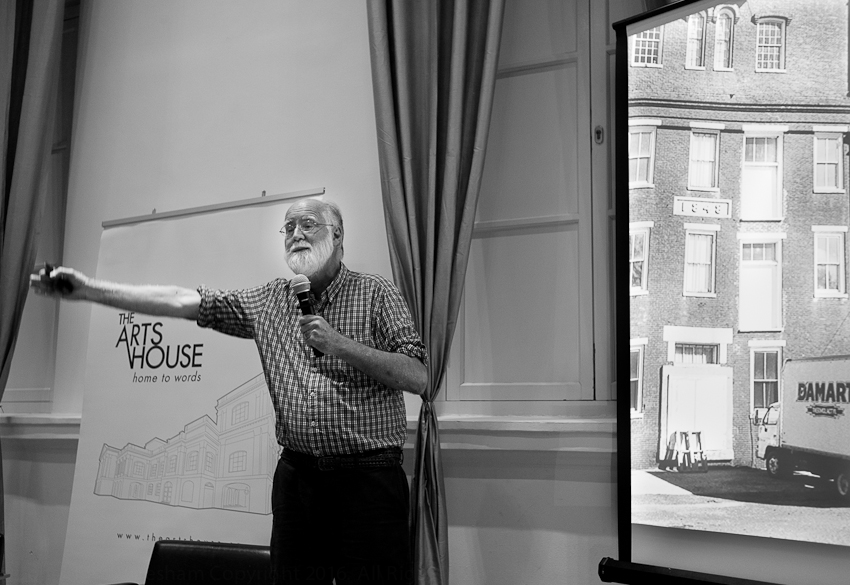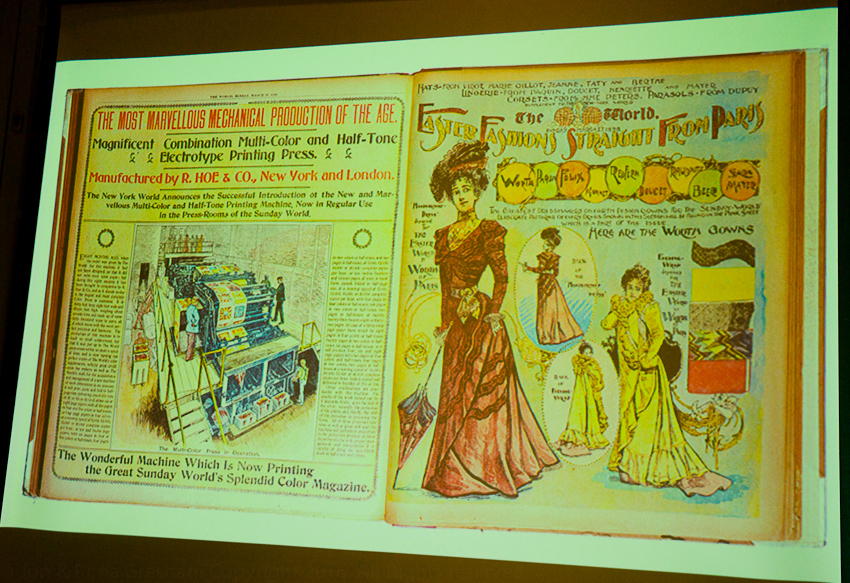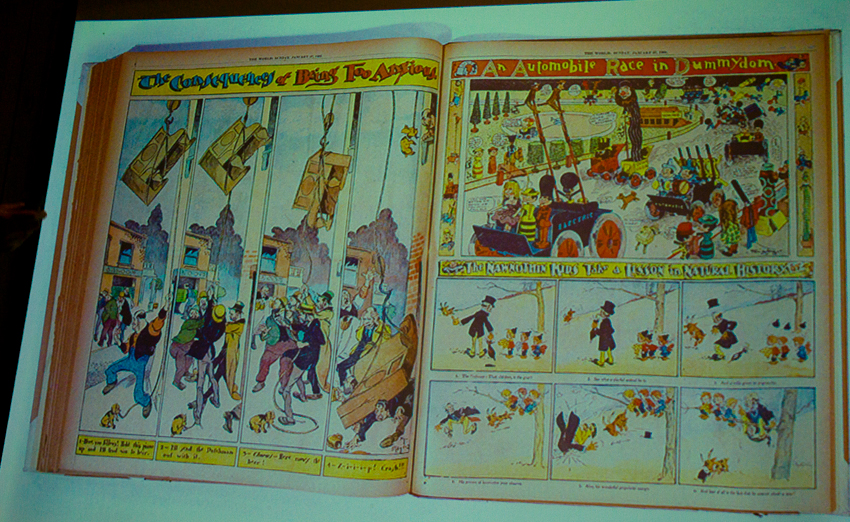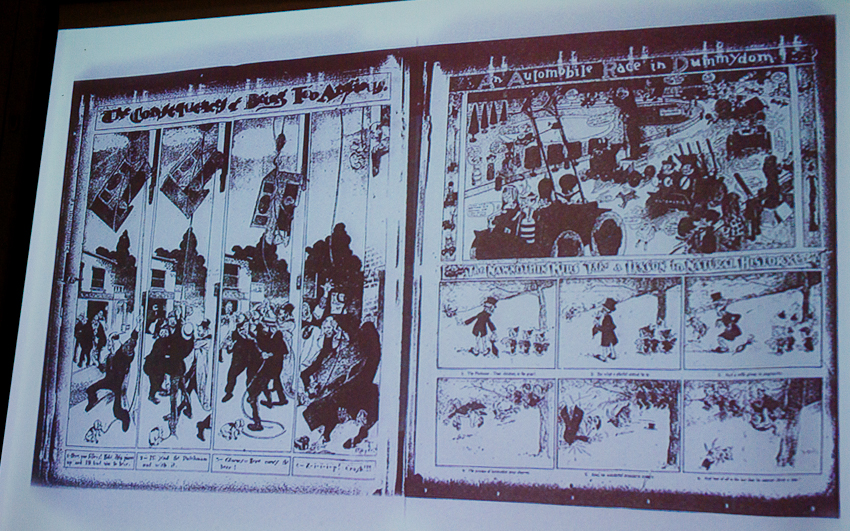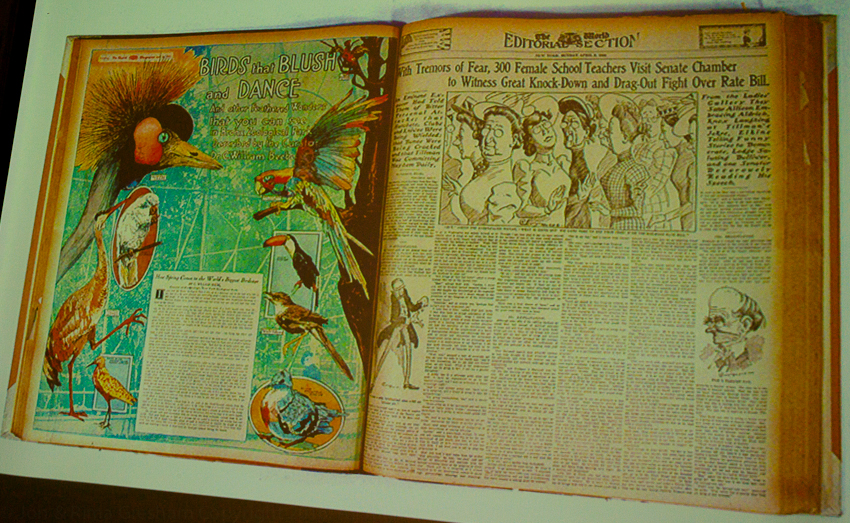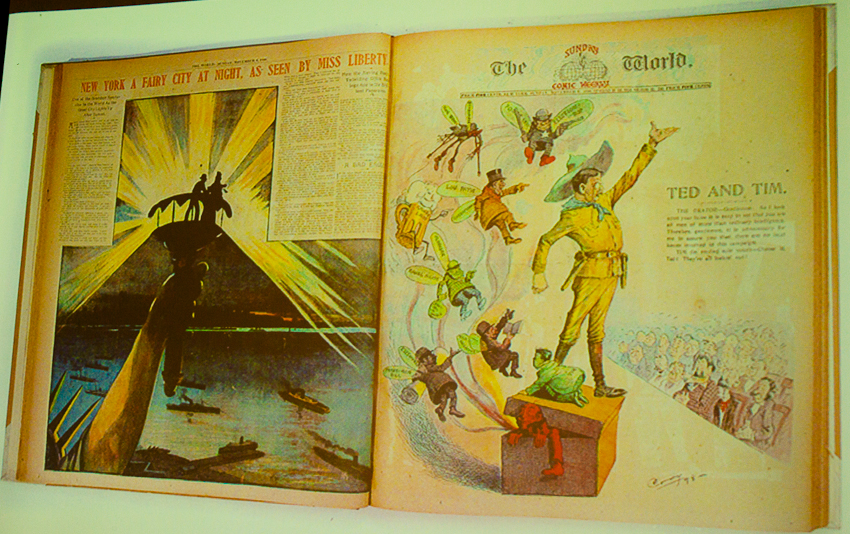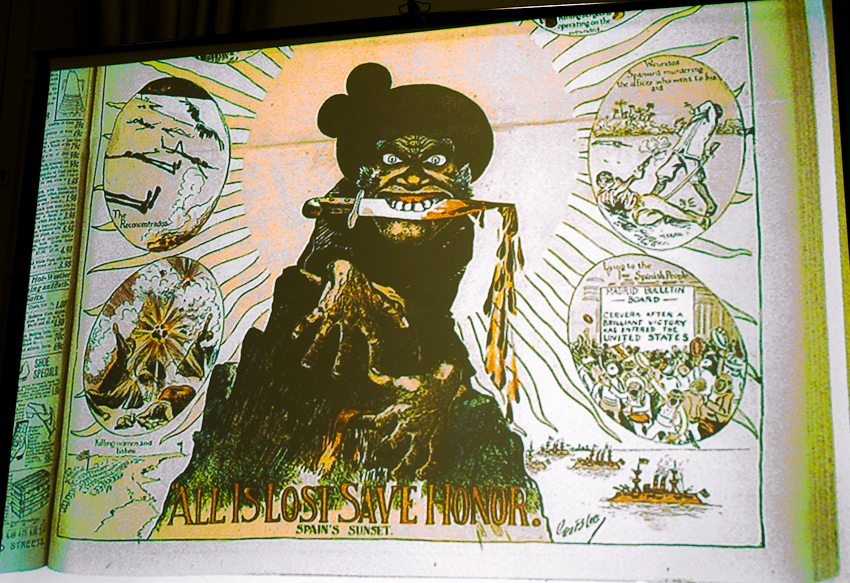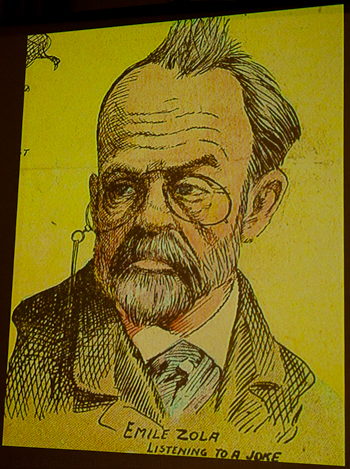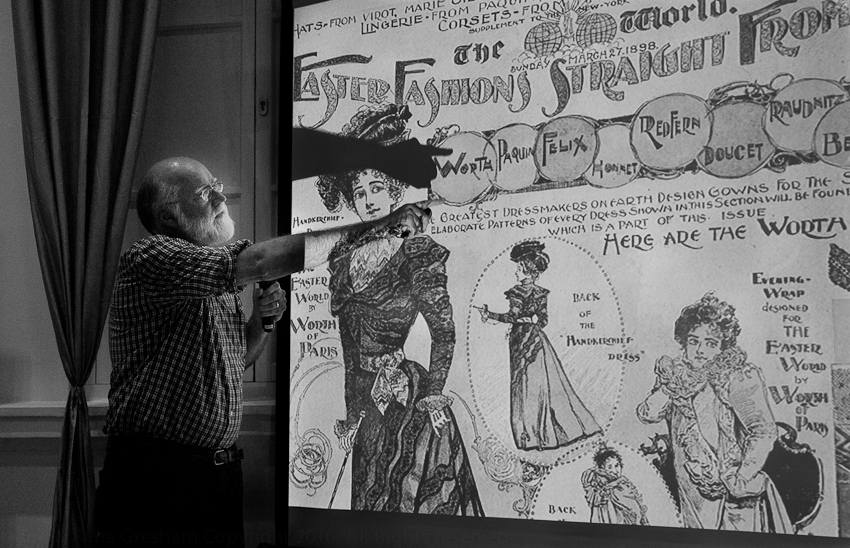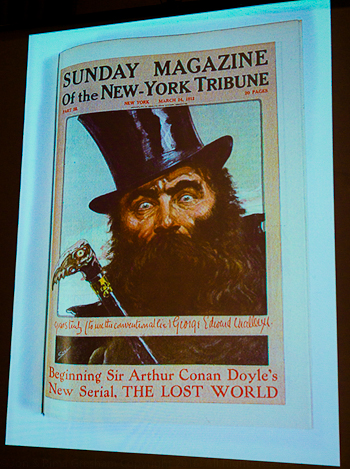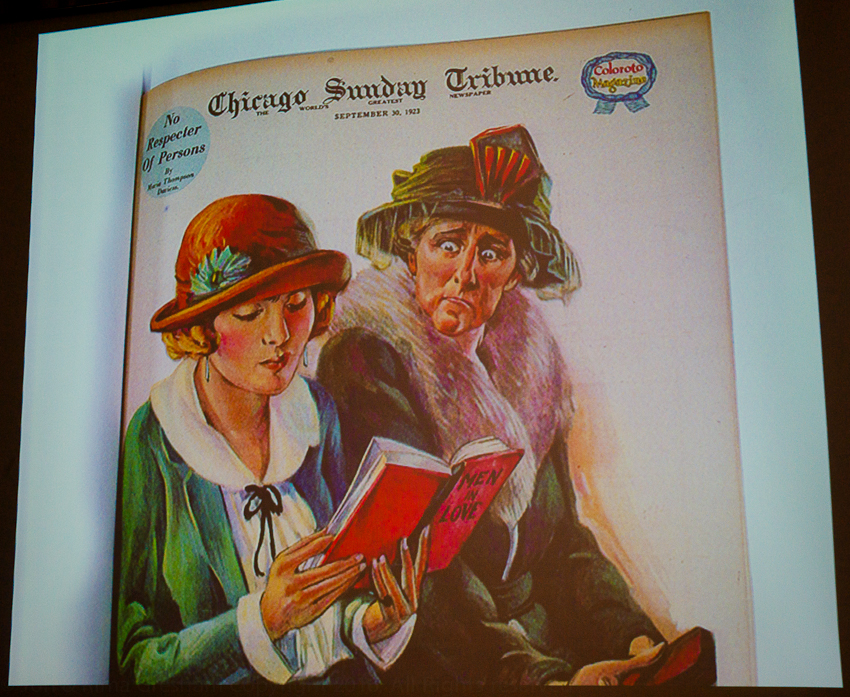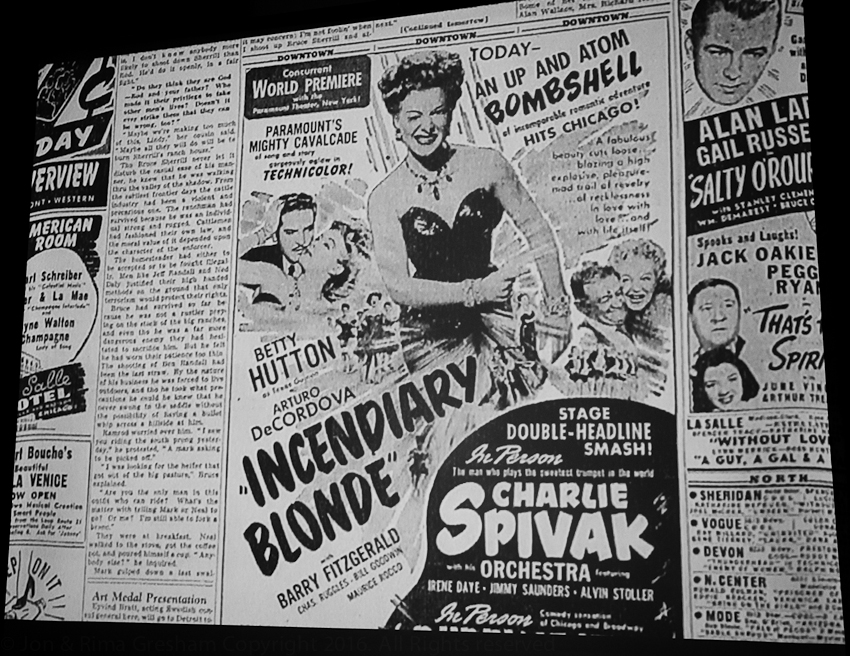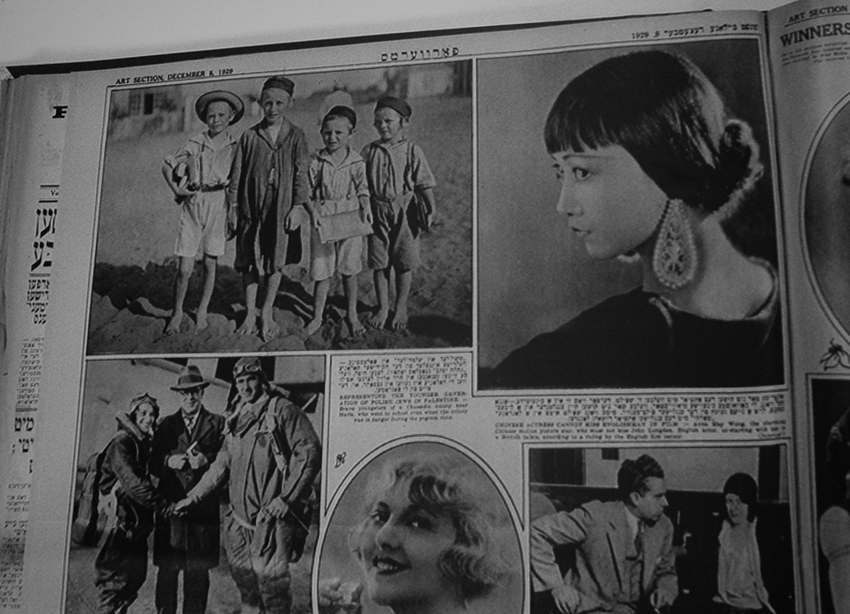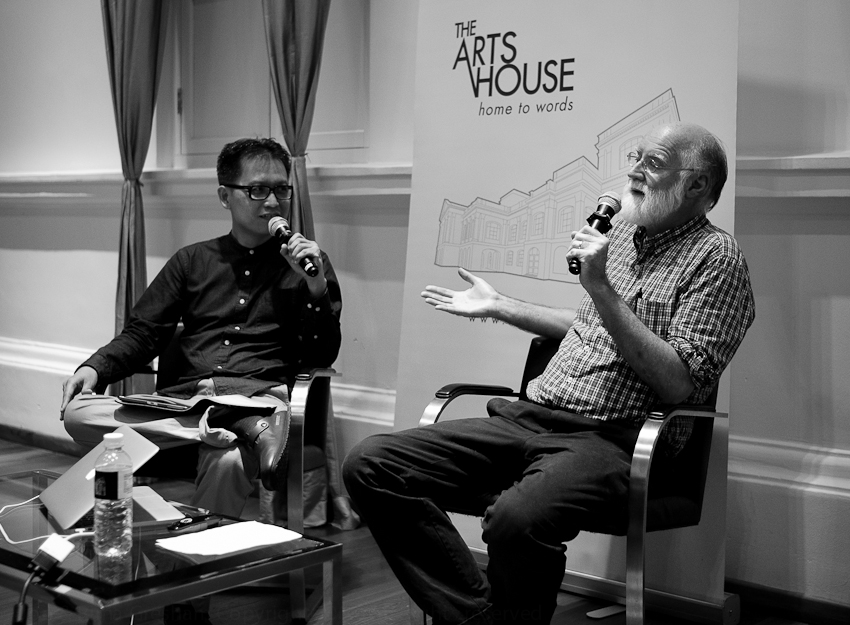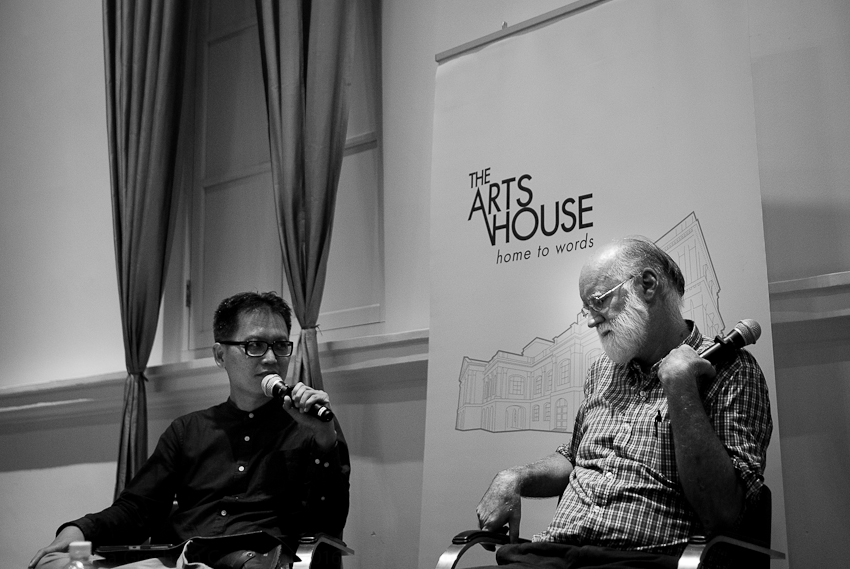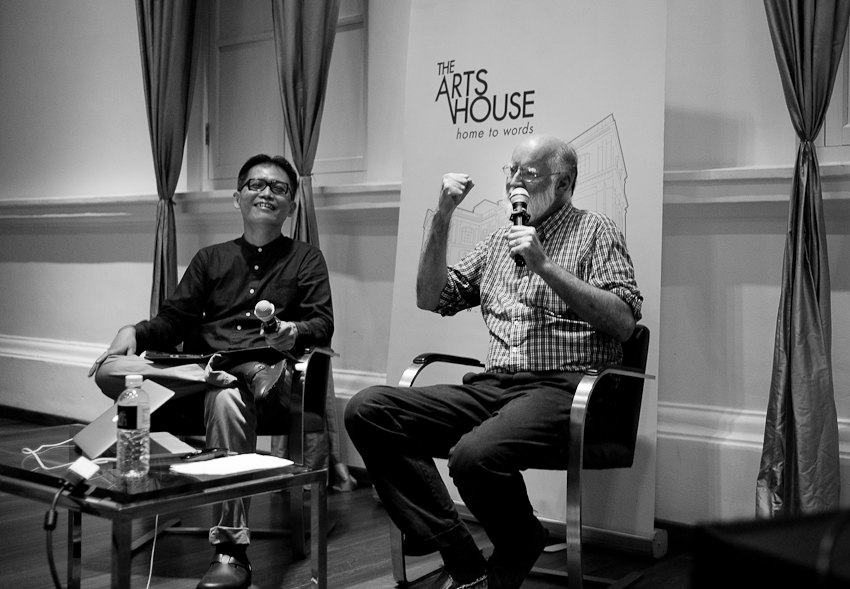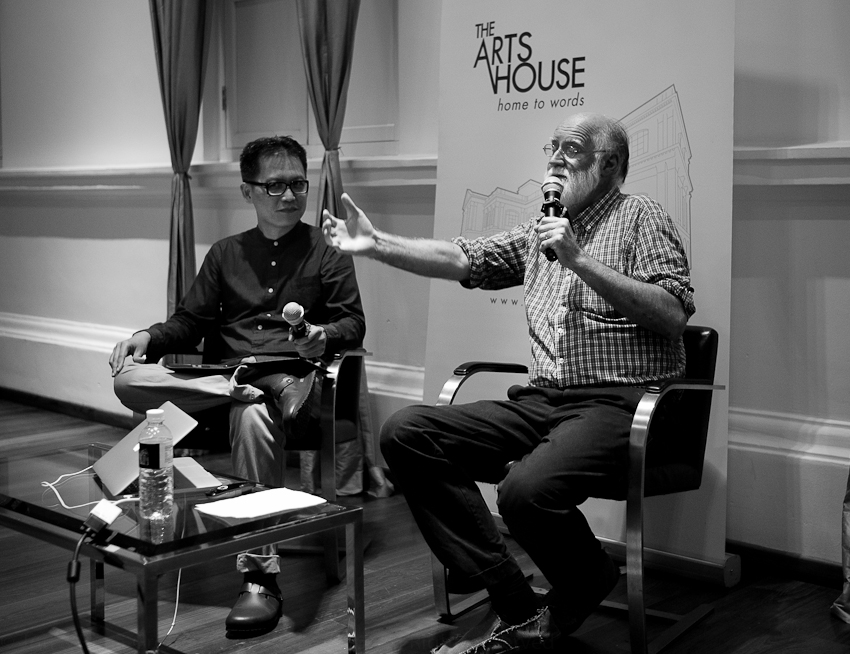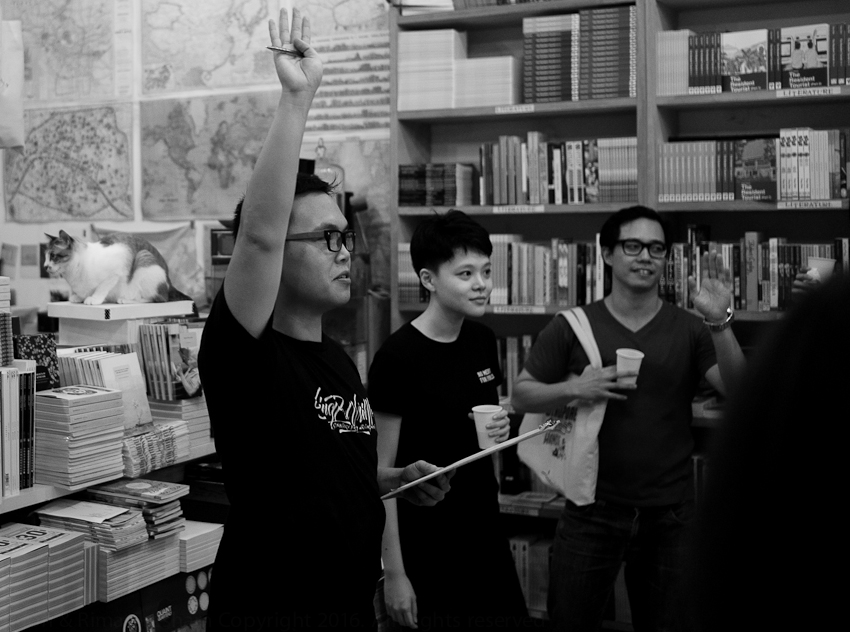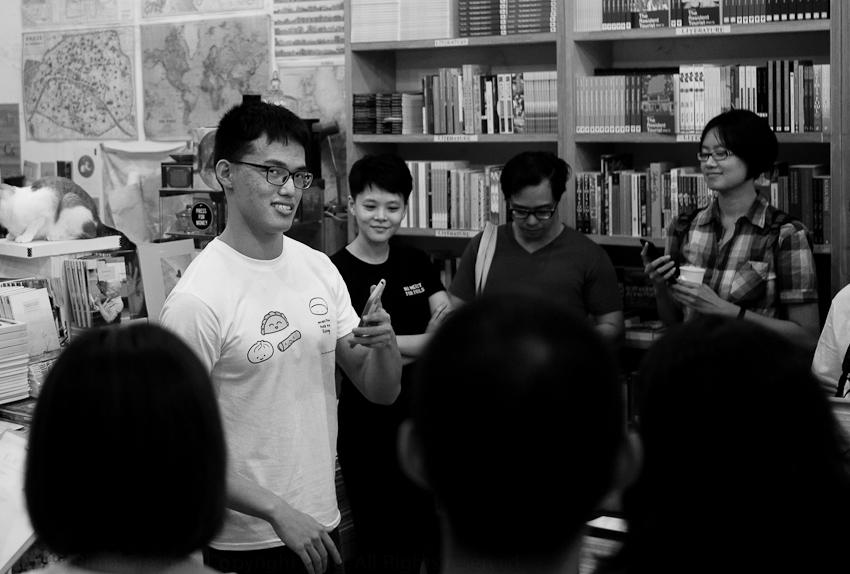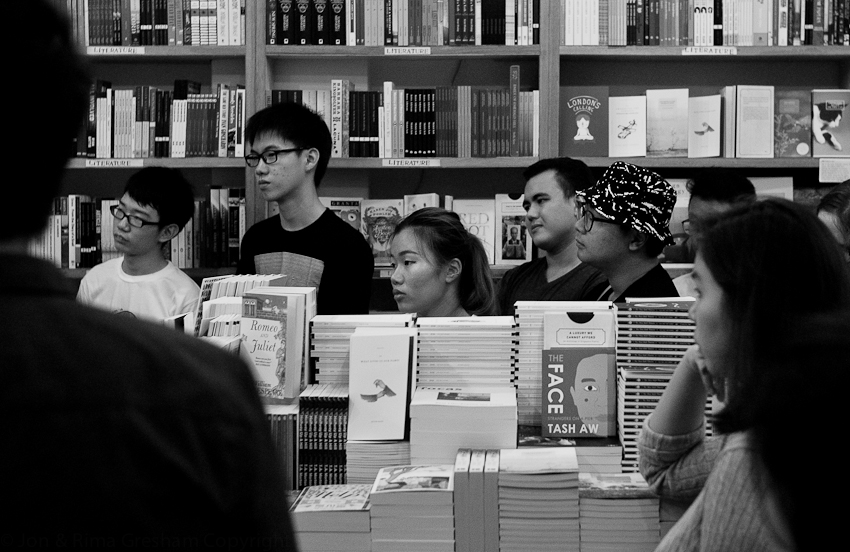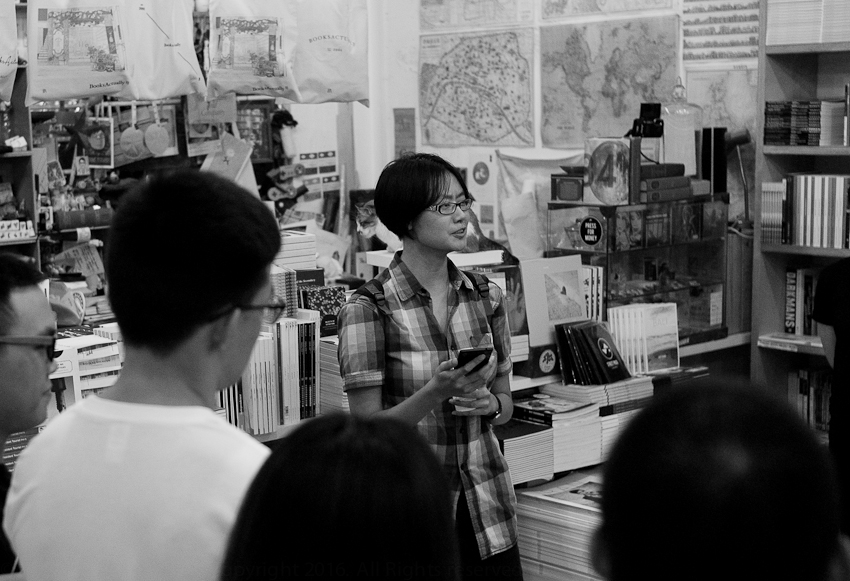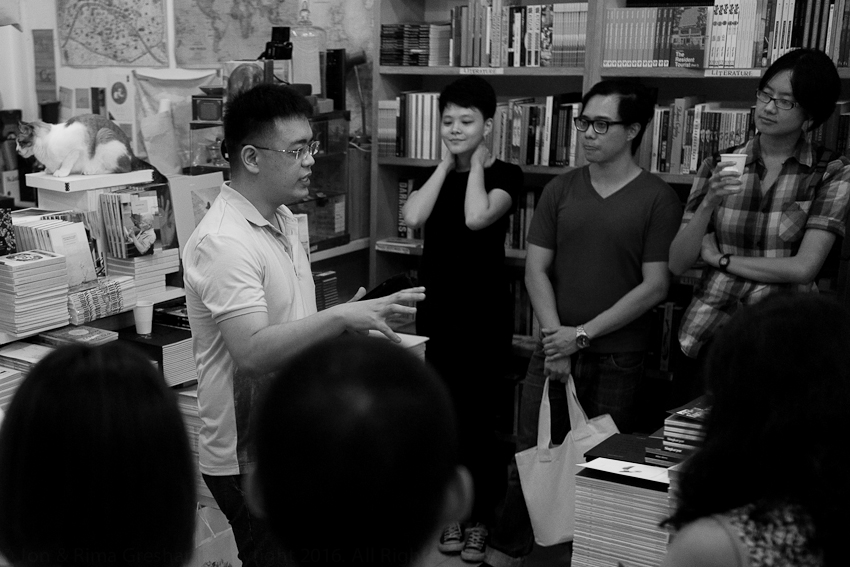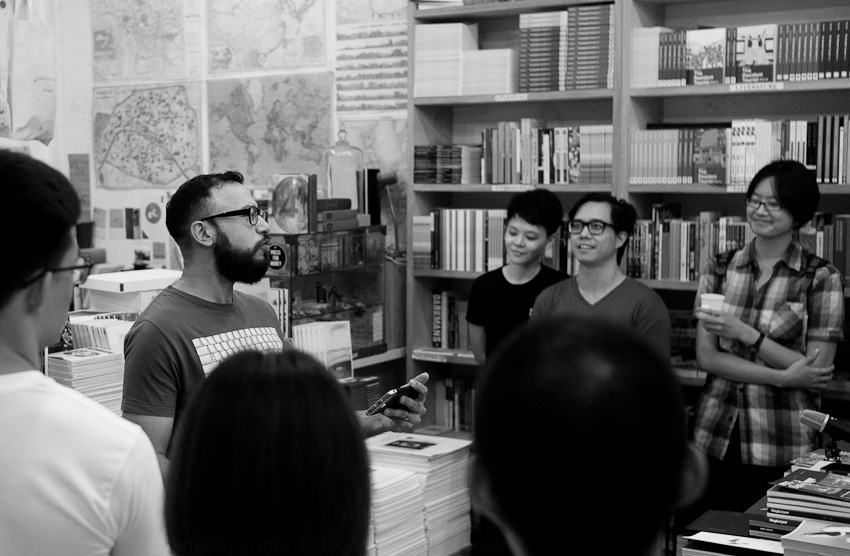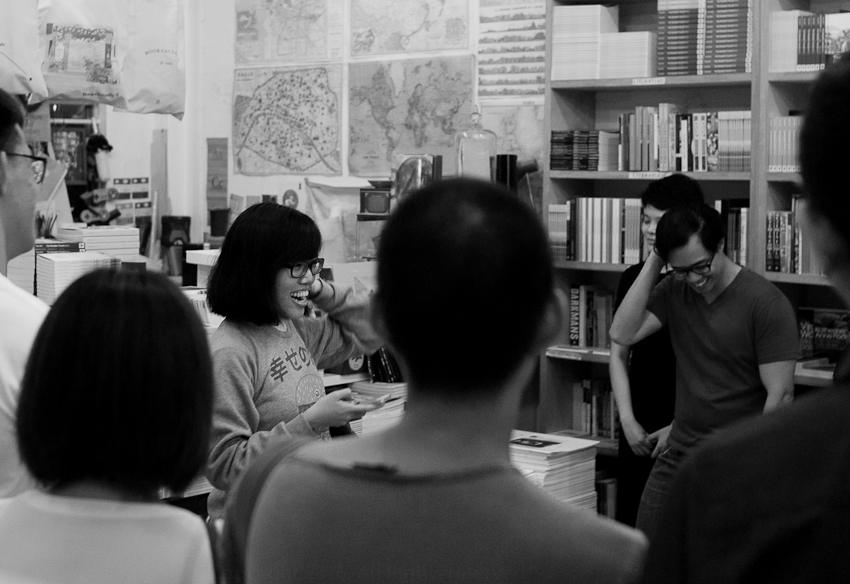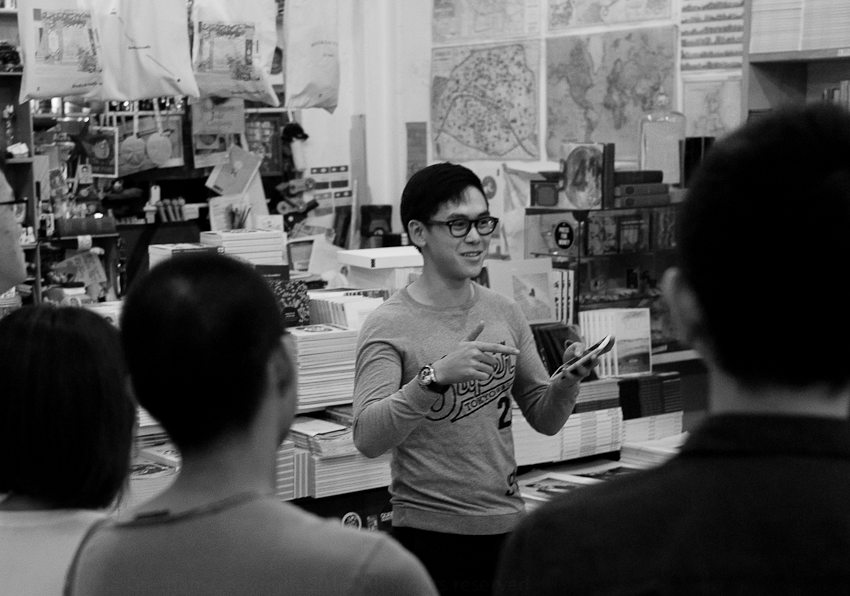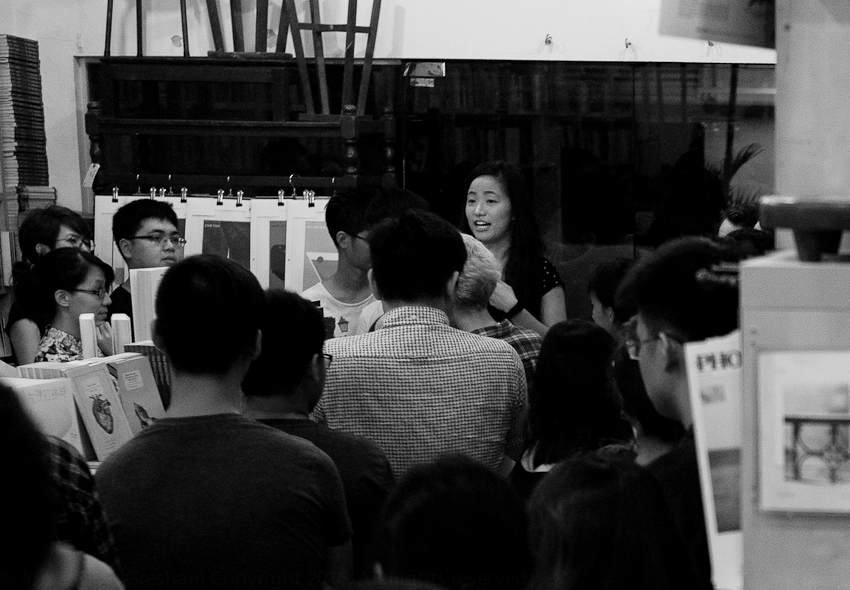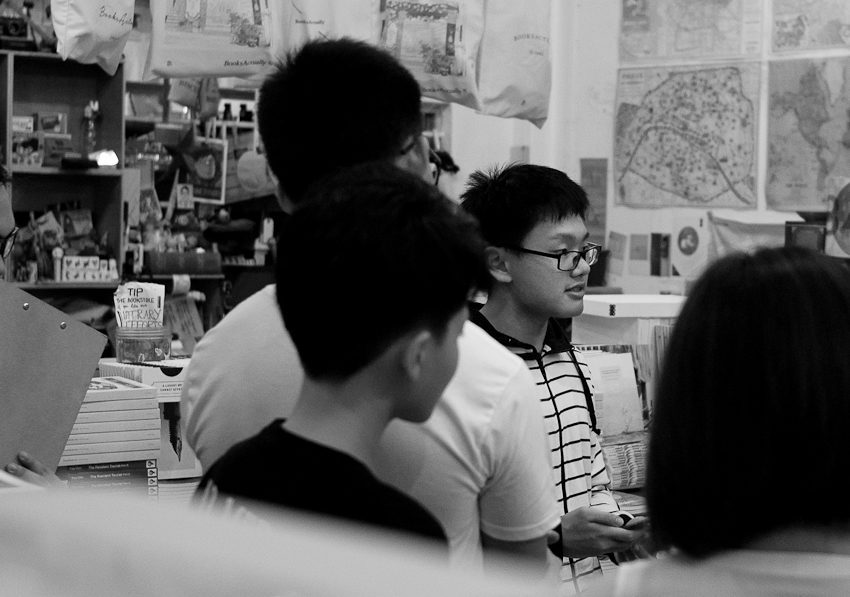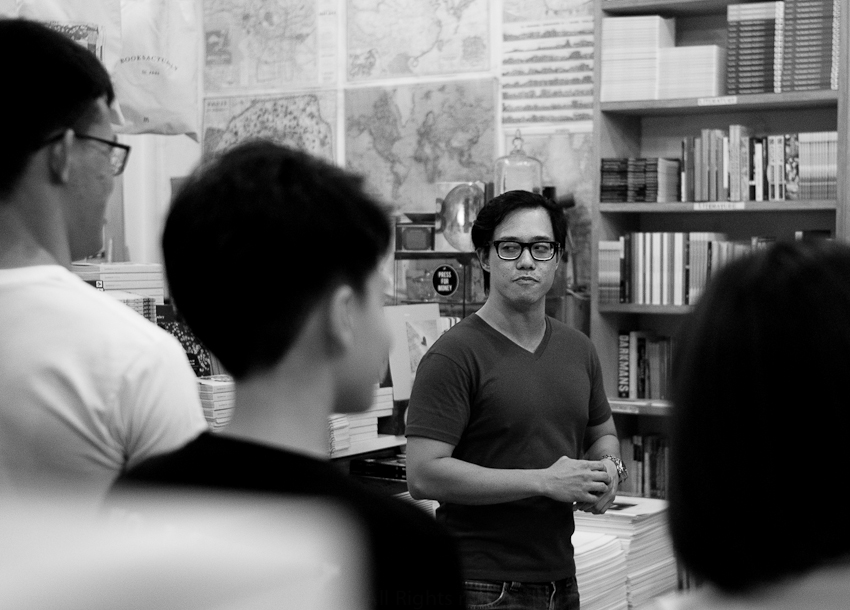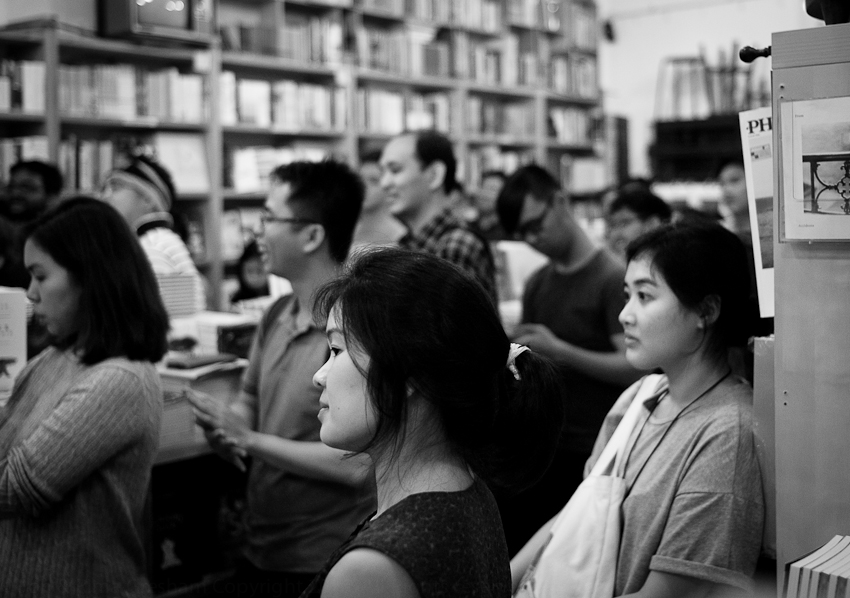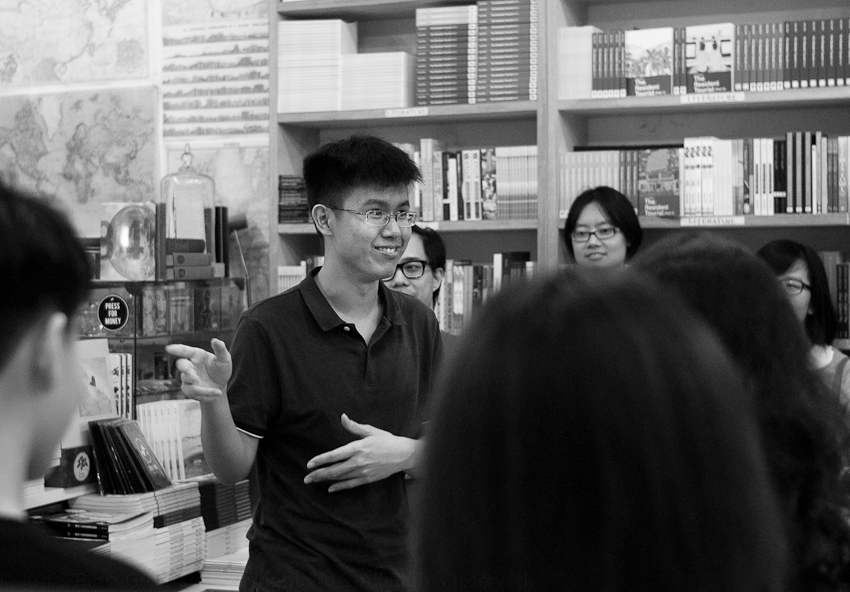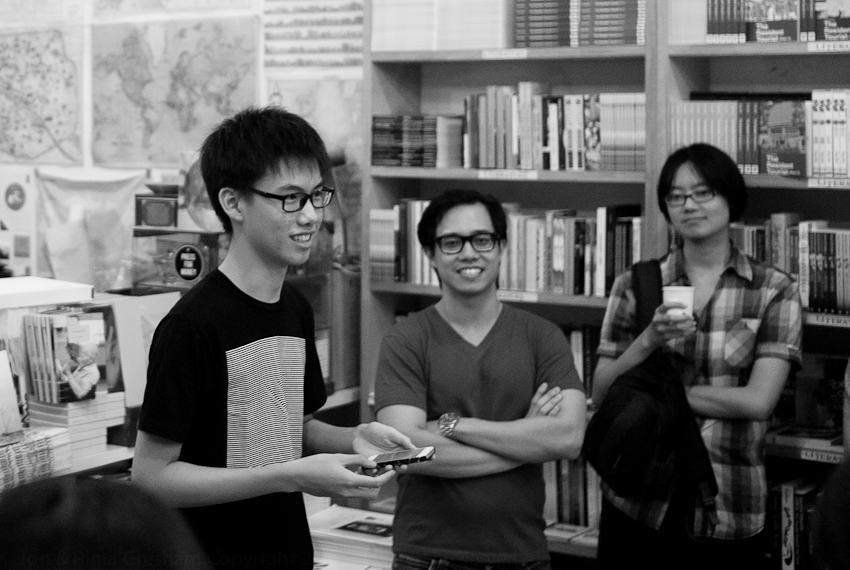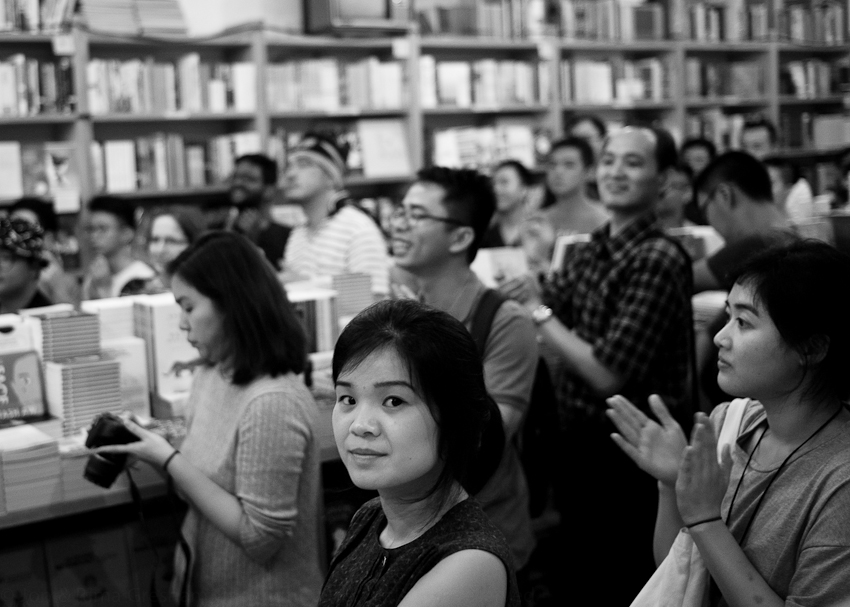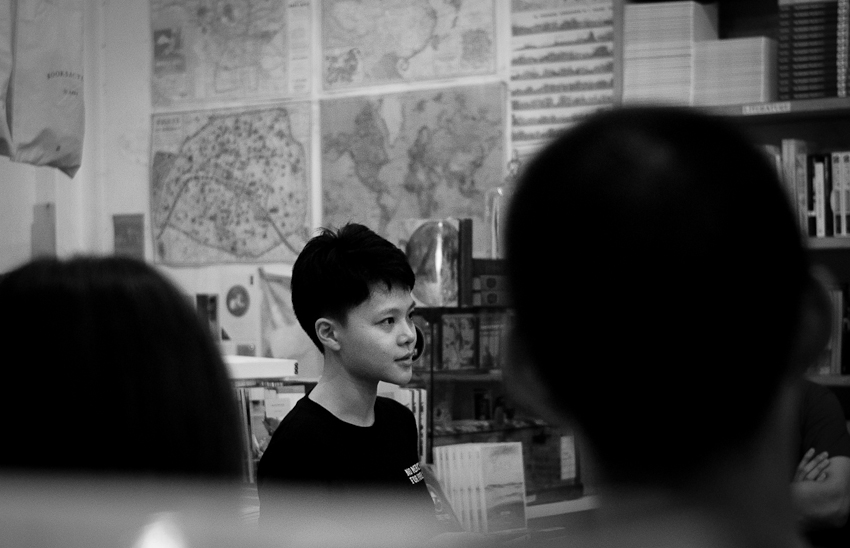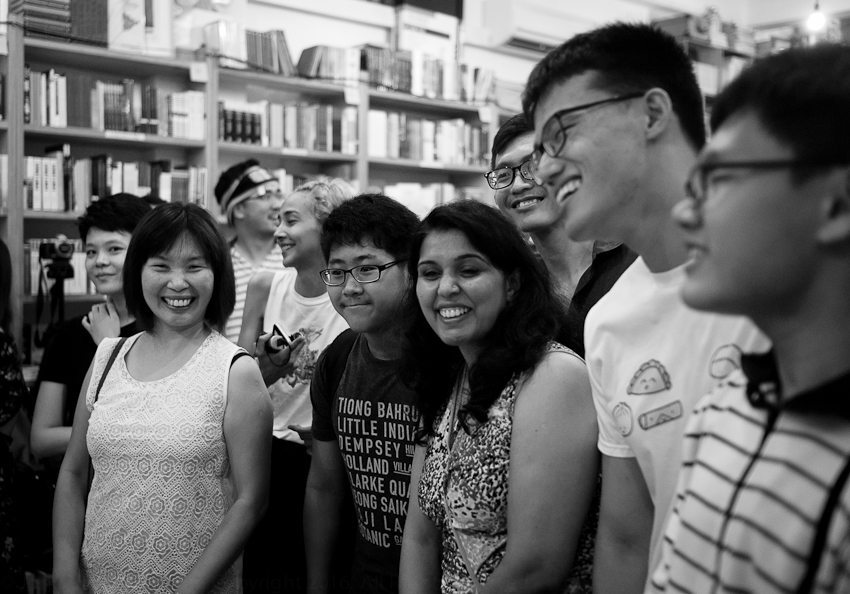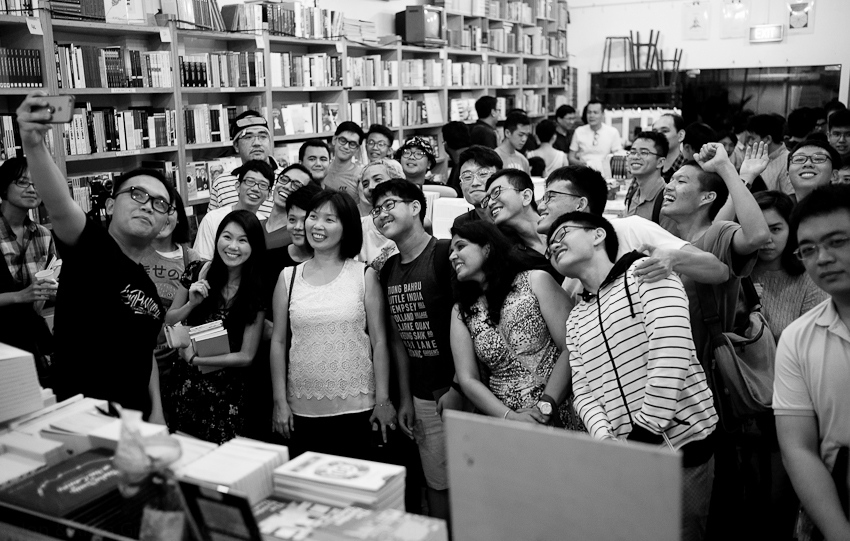A friend, and fellow Singaporean writer, asked me to take a look at one of her short stories in near final draft. The question of ‘cultural appropriation’ arose - although it was not an issue in her excellent story. The issue was discussed recently on FB in a strident critique of the treatment of a Malay character in a story appearing in Cha last year by another Singaporean writer.
Generally, I think it is fine to write about other cultures and races - after all, that’s what writers do, imagine other worlds & lives - but obviously there are pitfalls and there is a need to be self aware, reflective, and aware of topical issues. Above all, one should be sensitive to the limitations of one's experience. Exploitation can turn cultural exchange into appropriation.
One needs to be politically aware enough to understand where cultural appropriation could occur and then research the specific pitfalls and biases (e.g. mentioning names of deceased aboriginals, tribal marks, clothing, Indian headdresses etc). It’s always important to recognise one’s own unconscious biases and therefore seek the input of wise friends from the group that you are writing about ... and listen to their perspective. If you’re going to be provocative you have to be prepared to take the criticism.
I’m not sure I always succeed in achieving the right balance on cultural sensitivities. In several stories in We Rose Up Slowly I try to shine a little light on stereotypes and casual racism. The implied criticism in the text is directed at the privileged protagonist.
- In A Long Bicycle Ride into the Sea, the white male, privileged, protagonist exoticises a Singaporean young woman. She calls him out on his condescending attitude: “You see me like those Asian women … an always-smiling, demure, malleable, acquiescent slave. You don’t see the real me. Do you realise how much you’re insulting me?”
- In The Finger, a privileged expat housewife is told by her domestic helper: “No. Ma’am, you don’t get to tell me what to do anymore.” The housewife ends up alone. The domestic helper has the agency to say no.
- In Other People’s Cats, the protagonist is told firmly “ I am not your manic pixie dream girl. Don’t even think about it.”
- In Idiot and Dog, the Australian young man is racist towards a singaporean immigrant. He ends up alone. Sometimes I think I should have been harder on him.
- In A Fleeting Tenderness at the End of Night, a PRC hostess chases her dreams & challenges the authority of her boss. She ends up surviving.
The question then arises how a writer should be sensitive to describing what is rather than what should be (a positivist approach versus a normative approach), and whether it's right to judge a story on the moral outcomes for its characters. Questions of authenticity are also raised.
Feel free to critique and/or provide input on these principles.
I share below the questions I ask of my stories to try to avoid ‘cultural appropriation’ or reinforcing privileged discourses. It’s useful for me to set out these principles.
a) Do my characters of a certain type/race/gender/ethnicity/culture etc "accessorise" other more “normal”/hegemonic characters? Do they just provide comic relief? Do they reinforce stereotypes? Are they one dimensional? How can I make them a bit more nuanced and complex?
Does the uniqueness of the non hegemonic characters come through so their individual identity transcends their culture/gender etc?
b) Who has agency? Is it only the privileged or the members of the hegemonic group who have agency, who gets to make choices or assert themselves? Who gets to change? Where there is attraction/repulsion, does that attraction/repulsion arise from the exotic in the other, or a trope of ethnicity? Does attraction/repulsion arise from the uniqueness of the other person?
c) Whose power is being challenged or subverted in the story?
d) What are the discourses surrounding the ethnicity/race/gender/culture of the characters? How is intersectionality working in the story? Does the story treat these issues with awareness & intelligence or in a facile, simplistic, reinforcing the hegemony/privileged way?
e) Do the reader have empathy with the non hegemonic characters? Where are they coming from? Are their motivations more than just stereotypes/cliches of their group? Am I ‘essentialising’ their character?
f) Is there behaviour rooted in ‘lived experience’ & an outcome of their uniqueness or does it pander to stereotypes and preconceived ideas about how such people would behave?
g) Have I asked a diverse range of relevant, wise friends to read my story for their perspective. Have I asked someone who is from that minority ethnic/gender/race/cultural group to read the story & have I listened to what they have to say.
